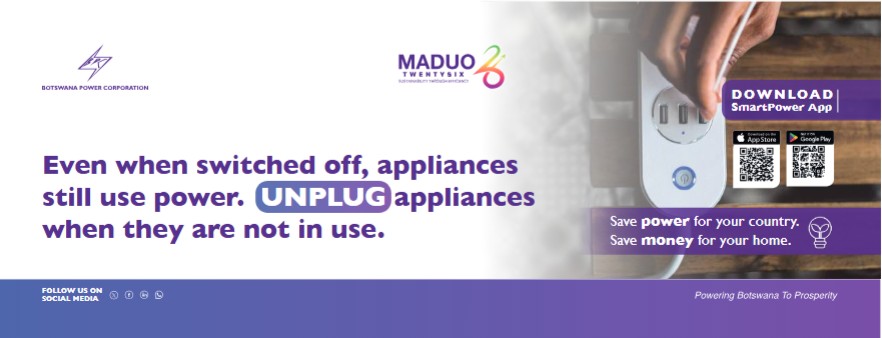As the government looks for ways to broaden its revenue base and combat the country’s ever-widening deficit, it has been advised to consider introducing another form of tax.
Financial Transactions Tax (FTT) is a levy on a specific type of financial transaction.
It is considered a better alternative to increasing Value Added Tax (VAT).
According to local tax consultant, Jonathan Hore, FTT can be levied on transactions such as: ATM withdrawals and deposits, sale and purchase of shares, issuance of loans by banks and other financial institutions as well as other related transactions.
Currently, Egypt, Zimbabwe and South Africa are the only African nations to impose such a tax.
However, Hore feels Botswana could benefit massively from the levy, as the volumes of financial transactions that take place in the country are huge.
“For example, try to imagine how many people swipe when they purchase groceries, fuel, etc or how many EFTs or e-wallet transactions are made in a day,” he said.
Hore estimates that around 700, 000 transactions occur daily.
“If authorities could for instance levy P3.50 tax per transaction, P2.45 million could be raised daily which equates to almost P1 billion per year.”
The tax expert maintains FTT is preferable to simply increasing tax, which he warns is inflationary and would lead to increase in the prices of almost all commodities.
Outlining the advantages of FTT, Hore says besides raising more revenue than VAT, it is also non-inflationary.
This is because it does not cause an increase in the prices of goods and services, which could hurt the purchasing power of consumers.
Furthermore, the FTT charge is small and predominantly targeted at those who have the capacity to pay tax.
“A VAT increase on the other hand affects everyone, whether rich or destitute,” he noted, adding FTT is easy to collect as tax authorities simply designate selected businesses – such as banks, telecommunication companies, traders in goods and services and the Botswana Stock Exchange (BSE) – as tax collection agents.
The local VAT currently stands at 12 percent, with the last hike made in 2010 when it was increased from 10 percent.
At 12 percent, it is considered the lowest in the SADC region.
It is feared an increase would result in a surge in commodity prices, including food items.
This leads to erosion of purchasing power for consumers and disadvantages low-income earners and the unemployed.














